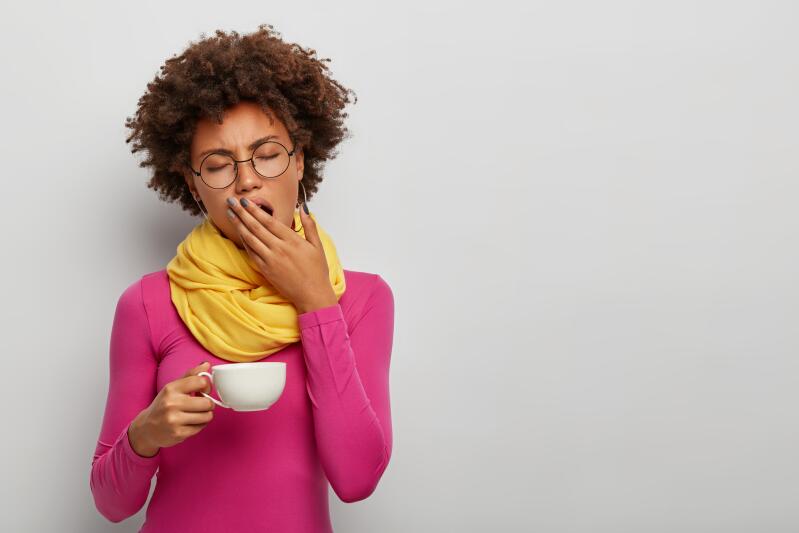-
Your concerns
Our articles to help you gain a better understanding
-
Our solutions
-
DUCRAY Dermatological Laboratories
Our articles to help you gain a better understanding

Fatigue and hair loss are linked. In fact, just like stress, intense fatigue can trigger reactional hair loss. It is only temporary and can be easily prevented and treated.
Physical and psychological fatigue, closely linked to stress and burnout, can have an impact on hair loss. We explain everything.
Unlike androgenetic alopecia, the upside to occasional hair loss is that it is reversible, provided that you quickly apply good hair care methods and adopt good habits. Start by watching what you eat: fueling up on vitamins is essential for fighting against fatigue and counteracting its direct side effect, hair loss.
Stop using shampoos and hair care products that are overly harsh on the scalp, and opt instead for gentle products dedicated to “tired” hair. At this point, anti-hair loss shampoo and lotion should be an integral part of your routine. Regarding this last point, be sure to choose your products depending on the type of hair loss (occasional or chronic) you are experiencing. Finally, with hair loss and stress being closely linked, do not hesitate to ask your doctor for help with identifying the causes of your burnout. A treatment of food supplements containing vitamins and minerals may be helpful given the essential role they play in the hair’s physiology. Sophrology or hypnosis sessions with a psychologist can also help you learn to manage stress or explain your level of fatigue. We mustn't forget to mention, of course, the benefits of regular moderate physical activity.